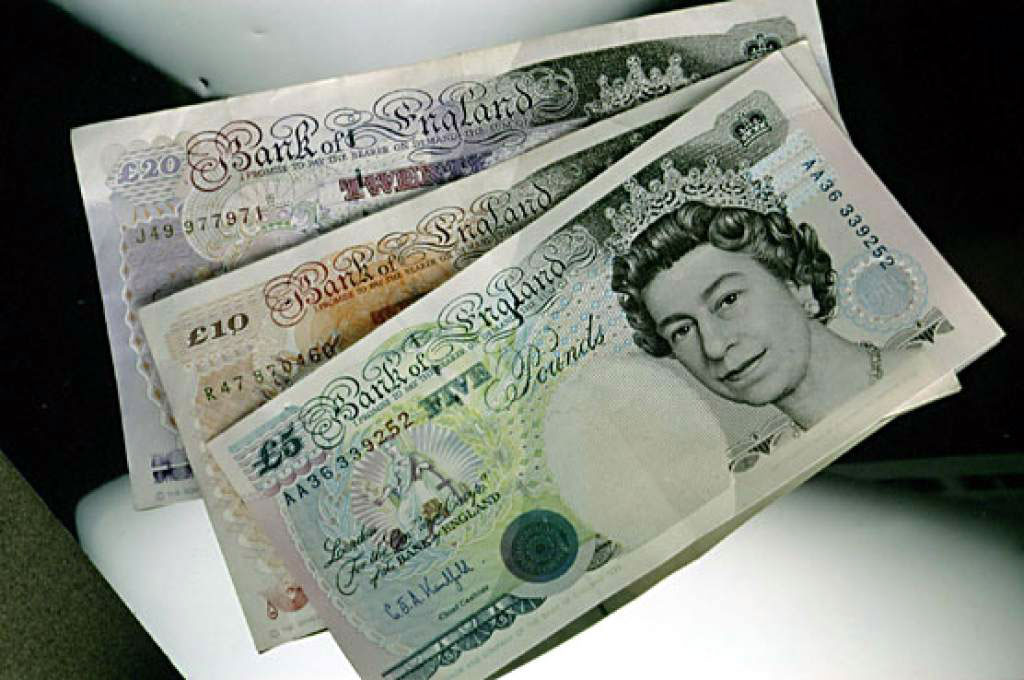 LONDON: Sterling pulled away from five-month lows versus the euro on Tuesday after British wages in the three months to April rose faster than expected.
LONDON: Sterling pulled away from five-month lows versus the euro on Tuesday after British wages in the three months to April rose faster than expected.
The pound has been on the backfoot in recent weeks as investors sit on the sidelines while the contest to succeed Theresa May as leader of the Conservative party and country heats up.
On Monday, worse than expected data showing the British economy shrank 0.4pc in April added to the pound's worries.
But sterling found some relief after wage growth in the three months to April came in at 3.1pc, exceeding a forecast by a Reuters poll of economists for 3pc.
Employment growth slowed but the jobless rate held at its lowest since 1975, the official figures showed.
Wage growth is outstripping inflation and the Bank of England has said it will need to raise interest rates - probably faster than the market expects - to keep inflation close to its 2pc target.
The pound recovered from five-month lows against the euro of 89.325 pence hit earlier in the session and rose 0.2pc to 89.02 pence.
Versus the dollar the British currency rose 0.2pc to $1.2711 from around $1.2694 before the data.
British Gilt yields rose around a basis point across the curve after the labour market data, moving away from 2-1/2 year lows hit last week. The exporter-heavy FTSE 100 trimmed gains after sterling rallied.
"The British labour market remains rather resilient and provides little cause for concern, as the unemployment rate continues to be unchanged at a very low level," said Marc-André Fongern, a strategist at MAF Global Forex in Frankfurt.
"Given that average earnings have improved steadily, we expect a slightly optimistic BoE in the near future."
Investors have largely ignored economic data releases in Britain recently, believing the BoE is unlikely to act until Britain decides how, when and even if it will leave the European Union. The United Kingdom is scheduled to exit the bloc on Oct. 31.
David Cheetham, an analyst at online broker XTB, said the UK economy looked to be far from thriving but given the "dual headwinds of ongoing political uncertainty and a slowing global economy" current levels of activity were about as good as could be expected.
Analysts at Danske Bank said softer UK data in recent weeks, including Monday's GDP numbers, suggested "the economy is likely to see a minor deterioration in fundamentals, which is set to weigh on GBP."
Investors are concerned the next British prime minister could put the country on course for a no-deal Brexit after Theresa May failed to get her withdrawal agreement through parliament. Eurosceptic Boris Johnson is bookmakers' favourite to win the contest.






















Comments
Comments are closed.